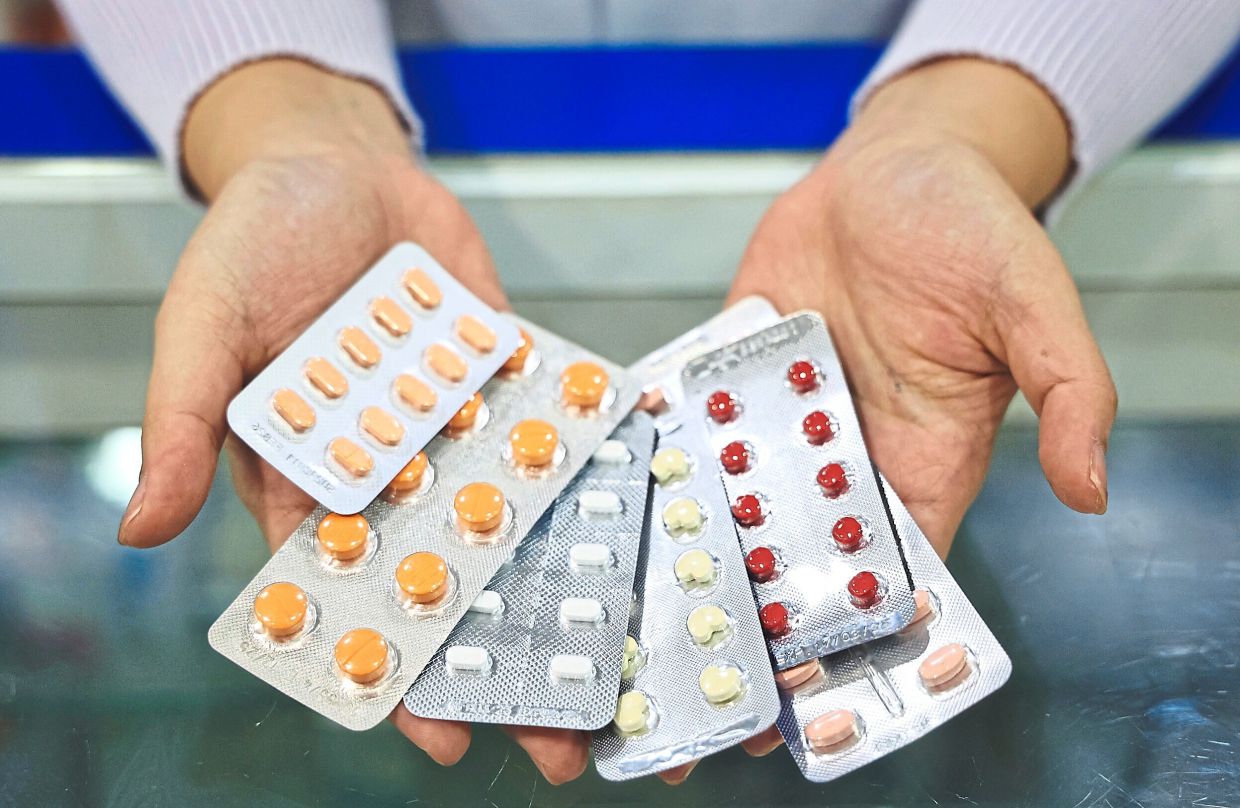
KOTA KINABALU: New drugs and treatment for Duchenne muscular dystrophy (DMD) from the United States and Europe should be made accessible to patients in Malaysia, says advocate Catherine Jayasuriya.
The founder of Coalition Duchenne said treatments such as gene therapy would initially cost over US$3.5mil (RM16.34mil) per patient, and such costs were too high for many.
However, she hoped that Malaysian patients could have access to these potentially life-saving drugs, and she is working towards seeing this intention come true.
“There are many Duchenne families in Malaysia who are following developments hoping that their children will be able to benefit. We must move toward equity in resources,” said Jayasuriya.
“We need to include everyone. We must work to remove barriers. If we work together as a coalition we will find solutions,” she said.
Recently, the United States Food and Drug Administration (FDA) approved expanded use of the first gene therapy for the disease, called Elevidys, she said.
Developed by a pharmaceutical company, it uses viral delivery of a modified form of the gene called dystrophin, which is lacking in DMD, Jayasuriya said.
Recalling her inspiration to set up this non-governmental organisation, she said her son has been her number one reason.
“When my son was diagnosed with DMD in 1997, it felt that there was not much hope. I had never heard of it before, there was not much awareness or funding of research. There were no clinical trials and we wanted to change that,” she said.
Jayasuriya said as a mother, she wanted to give her son the best life possible, and raise global awareness with the goal of attracting funds for research that would ultimately lead to a cure.
“Years and years have passed. We have been waiting for treatments. And now we are on the cusp of significant progress. Hope is in sight, with the FDA now approving eight new therapies, and many more to come,” she said.
She said a few of the now older boys like her son had participated in early clinical trials, sacrificing their time, enduring multiple muscle biopsies, and have laid the groundwork that have led to the successes of today and the future, but yet they remain hopeful for a cure.
On the Duchenne without Borders mission, Jayasuriya said this came following a meeting with a boy named Azmi whom they met in 2012 here.
“In his honour, we continue to help fund underserved families here in Sabah and around the world who are impacted by DMD.
“There are boys here in Sabah who don’t even have the most basic of equipment to help with their lives,” she said.
They have been working with a paediatric neurologist in Sabah, Dr Heng Hock Sin of the Women and Children’s Hospital (HWKKS) in Likas, who sees many individuals with DMD.
“We have worked with Dr Heng providing Ambu-bags, and other essential breathing devices necessary to support the lives of individuals with DMD over the years,” she said.
As part of their event, Coalition Duchenne is again donating RM20,000 to the HWKKS, through their Duchenne without Borders outreach initiative which has a mission of equity, diversity and safety.
The funds will go towards helping boys in Sabah with Duchenne and the donation provides DMD patients with necessary equipment that they may otherwise not be able to access.
Jayasuriya said this prior to the flagging off ceremony for 25 climbers involved in the 12th annual Expedition Mt Kinabalu organised by Coalition Duchenne to raise awareness on this rare muscular disorder.
This year’s expedition that runs from July 13 to 14, and includes participants from Malaysia, Australia, the US, Germany, China, Singapore, the Philippines, and India.
Over 700 people have taken part in this annual climb since its introduction in 2012.
DMD is a muscular disorder primarily affects males and is a rare and fatal genetic disorder that results in progressive muscle weakness from early childhood, which often leads to premature death in the mid-twenties due to heart and respiratory failure.

